Reimagining Education - An Insight into India’s National Education Policy 2020 | (Tue 24 Dec 2024 14:48)
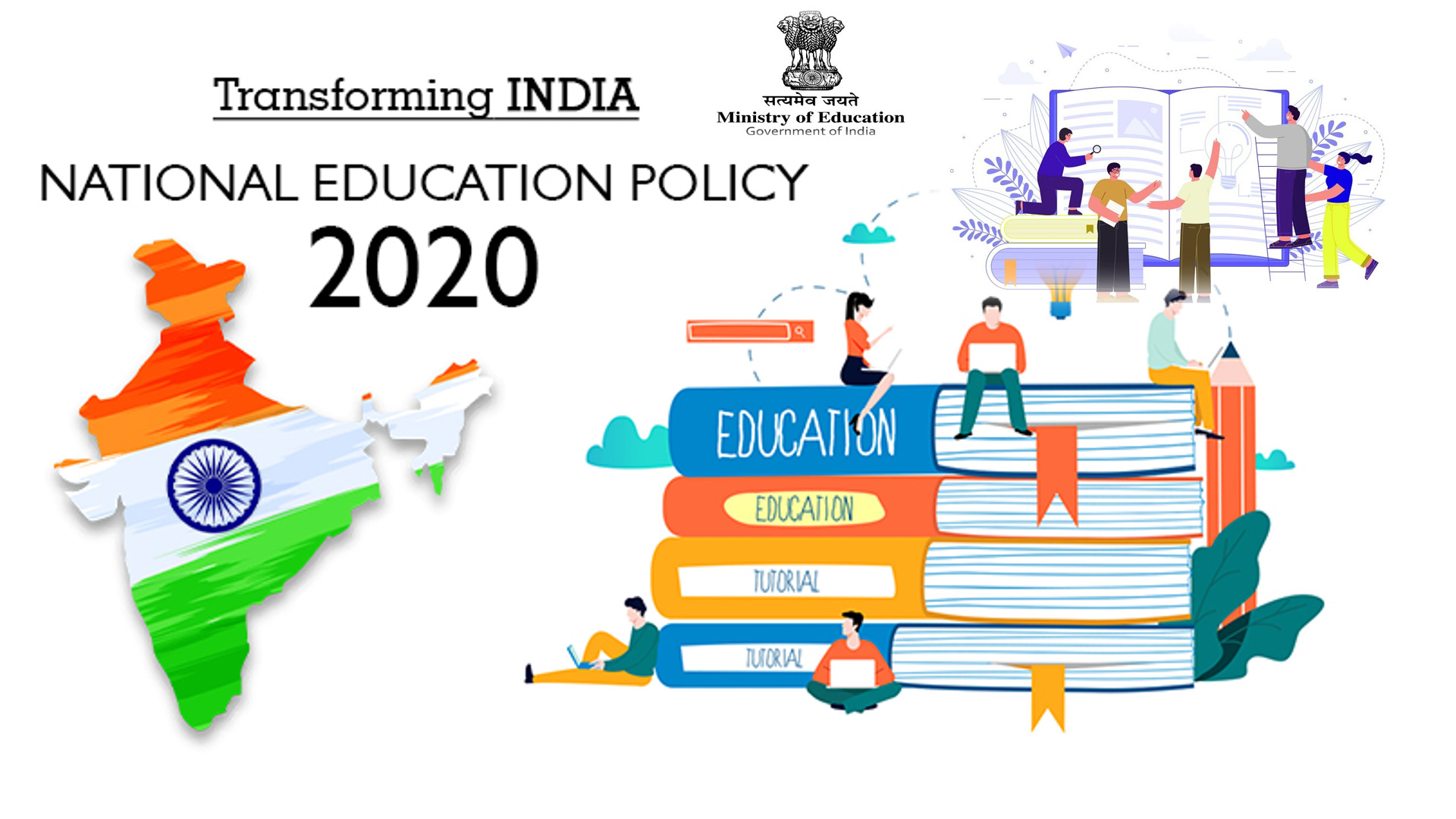
The National Education Policy (NEP) 2020, unveiled by the Union Cabinet of India on July 29, 2020, marks a transformative milestone in the evolution of the Indian education system. Replacing the National Policy on Education of 1986, this comprehensive framework seeks to overhaul and modernize the country’s educational landscape, addressing challenges while embracing opportunities of the 21st century. The NEP 2020 envisions an inclusive, flexible, and multidisciplinary education system that promotes creativity, critical thinking, and lifelong learning. Yet, its ambitious scope has also sparked debates and garnered criticism, underscoring the complexity of its implementation.
A Vision for Reform
The NEP 2020 sets out to reshape education in India, aiming to increase public expenditure on education from 3% to 6% of GDP. Its cornerstone is an emphasis on foundational literacy and numeracy, critical for building a solid base for lifelong learning. The policy seeks to make education more inclusive, equitable, and holistic by integrating technology, introducing innovative teaching methodologies, and fostering a culture of inquiry.
Linguistic Inclusivity and Flexibility
A key feature of the NEP 2020 is its language policy, which encourages the use of the mother tongue or regional language as the medium of instruction until Grade 5, with the possibility of extending this approach to Grade 8. The “three-language formula” aims to promote multilingualism, requiring students to learn three languages, at least two of which should be native to India. This flexibility empowers states, schools, and institutions to tailor implementation strategies, ensuring no language is imposed on learners.
Despite its promise, the language policy has stirred controversy. Critics argue that its broad guidelines may lead to inconsistencies in implementation, potentially disadvantaging students in certain regions. Nonetheless, the policy’s emphasis on linguistic diversity aligns with India’s rich cultural heritage, underscoring the need to preserve and celebrate its native languages.
A Revamped Structure for School Education
One of the most striking features of NEP 2020 is its restructuring of school education from the traditional “10+2” system to a “5+3+3+4” model. This approach divides education into four stages:
-
Foundational Stage (Ages 3-8): Comprising three years of preschool followed by Grades 1 and 2, this stage focuses on activity-based and play-based learning to develop cognitive and socio-emotional skills.
-
Preparatory Stage (Ages 8-11): Covering Grades 3 to 5, this phase introduces basic concepts in subjects such as science, mathematics, and languages while emphasizing interactive and experiential learning.
-
Middle Stage (Ages 11-14): Spanning Grades 6 to 8, this stage introduces abstract thinking and multidisciplinary education in subjects like social sciences, arts, and humanities.
-
Secondary Stage (Ages 14-18): Divided into two phases (Grades 9-10 and 11-12), this stage emphasizes critical thinking, flexibility, and subject depth. Students can choose interdisciplinary combinations, enabling them to pursue interests such as fashion studies alongside physics or bakery alongside chemistry.
Examinations have also been reimagined. Instead of annual assessments, students will take standardized exams in Grades 3, 5, and 8, while redesigned board exams in Grades 10 and 12 will focus on application and critical thinking. The creation of the Performance Assessment, Review, and Analysis of Knowledge for Holistic Development (PARAKH) underscores the policy’s commitment to reforming evaluation systems.
Higher Education: A Multidisciplinary Approach
The NEP 2020 envisions a robust framework for higher education that fosters multidisciplinary learning, research, and innovation. Key proposals include:
-
Flexible Degree Programs: Undergraduate programs will offer multiple exit options, allowing students to earn certificates, diplomas, or degrees depending on the duration of study. A four-year degree with research is introduced for those pursuing advanced academic goals.
-
Regulatory Overhaul: The Higher Education Commission of India (HECI) will be established as an umbrella body, segregating functions like regulation, accreditation, funding, and standard-setting. This ensures checks and balances, minimizes conflicts of interest, and enhances institutional autonomy.
-
Promoting Research: The creation of a National Research Foundation aims to nurture a research culture, providing funding and mentorship for cutting-edge projects across disciplines.
-
Internationalization: The policy encourages foreign universities to set up campuses in India while enabling Indian institutions, such as IITs, to expand overseas. This initiative aspires to position India as a global education hub, fostering cross-border collaborations and attracting international students.
Teachers as Pillars of Change
Teachers are pivotal to the success of NEP 2020. By 2030, a four-year Bachelor of Education will become the minimum qualification for teaching. The National Curriculum Framework for Teacher Education, coupled with National Professional Standards for Teachers, will provide structured pathways for professional development. Recruitment processes will be strengthened, ensuring transparency and accountability.
Moreover, the policy underscores the importance of teacher well-being, advocating for improved working conditions, reduced administrative burdens, and opportunities for continuous learning. These measures aim to enhance the quality of education delivery, creating a ripple effect across the system.
- 50 hours of annual training for teachers.
- Exposure to the latest pedagogical techniques.
- Enhanced understanding of digital tools.
The Role of Technology and EdTech
Recognizing the transformative potential of technology, NEP 2020 integrates digital solutions into education. The establishment of the National Educational Technology Forum (NETF) facilitates the exchange of ideas on leveraging technology for learning, assessment, and administration. Initiatives such as online laboratories, learning management systems, and assessment platforms underscore the policy’s commitment to digital innovation.
EdTech startups and companies are given a significant role in this ecosystem. For instance, in 2021, NITI Aayog partnered with Byju’s to provide free access to tech-driven learning programs for students in underserved districts. This collaboration reflects the potential of public-private partnerships to bridge educational divides.
Challenges and Criticism
While NEP 2020 is ambitious, its implementation has faced scrutiny. Critics have raised concerns about the policy’s potential to exacerbate inequalities, particularly for marginalized communities. The multiple exit options in higher education, for instance, could lead institutions to overlook socioeconomic challenges, viewing dropouts as personal choices rather than systemic issues.
The language policy has also been contentious. Accusations of promoting Hindi at the expense of regional languages have sparked protests in southern states. Similarly, the removal of the MPhil program has been criticized for limiting academic pathways for aspiring researchers.
Implementation timelines have been another point of contention. Many stakeholders feel the policy’s ambitious goals require more time and resources than currently allocated. Nationwide protests have highlighted the need for broader consultations and phased rollouts to ensure equitable adoption.
Indigenous Knowledge and Cultural Identity
The NEP 2020 places a strong emphasis on India’s cultural heritage, advocating for the integration of Indigenous Knowledge Systems (IKS) into the curriculum. Initiatives such as the establishment of the Indian Institute of Translation and Interpretation aim to preserve and promote traditional wisdom. This focus on “Indianness” seeks to instill pride in India’s rich intellectual traditions while fostering a sense of national identity.
A Path Forward
The NEP 2020 is undeniably a bold vision for India’s future. Its focus on holistic development, flexibility, and inclusivity offers the potential to transform education into a tool for empowerment and innovation. However, its success hinges on meticulous planning, robust funding, and collaboration among stakeholders.
States like Karnataka and Madhya Pradesh have already initiated implementation, showcasing the policy’s adaptability across diverse contexts. If executed effectively, NEP 2020 could redefine India’s educational paradigm, nurturing a generation of critical thinkers, problem-solvers, and global citizens.
The Conclusion
The National Education Policy 2020 is a landmark initiative that seeks to bridge the gap between traditional and modern education, addressing both historical challenges and future aspirations. Its holistic approach—spanning foundational literacy, interdisciplinary learning, and teacher empowerment—lays the groundwork for an equitable and vibrant education system. While the road ahead is fraught with challenges, the NEP’s promise of transforming India into a knowledge superpower is a vision worth striving for. With sustained commitment and collective effort, it holds the potential to reshape the nation’s destiny, reaffirming its status as a “Vishwa Guru”—a global leader in education and innovation.
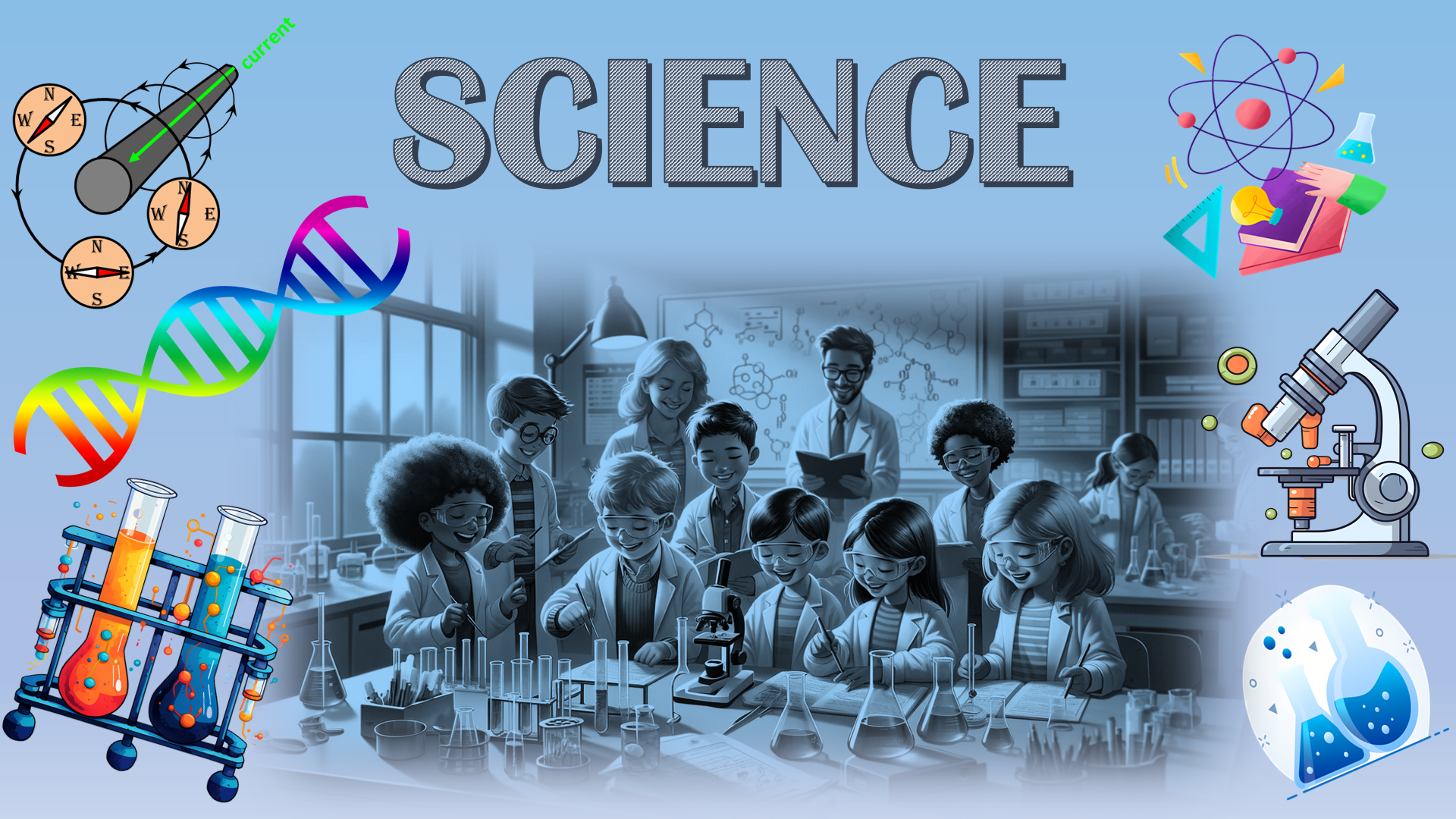
Physics, Chemistry, Biology and Geography.
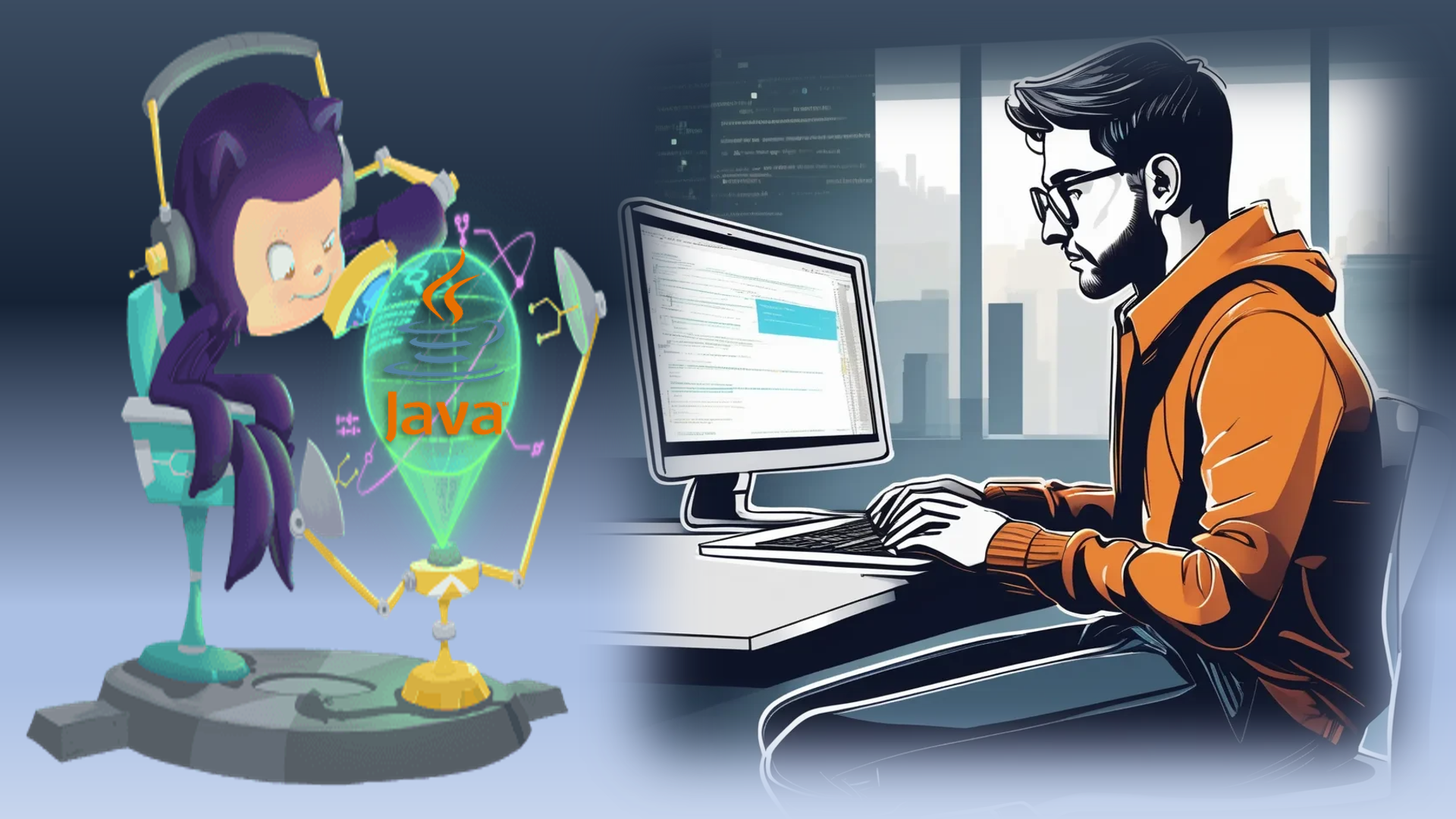
Computer Programming, languages & their frameworks.
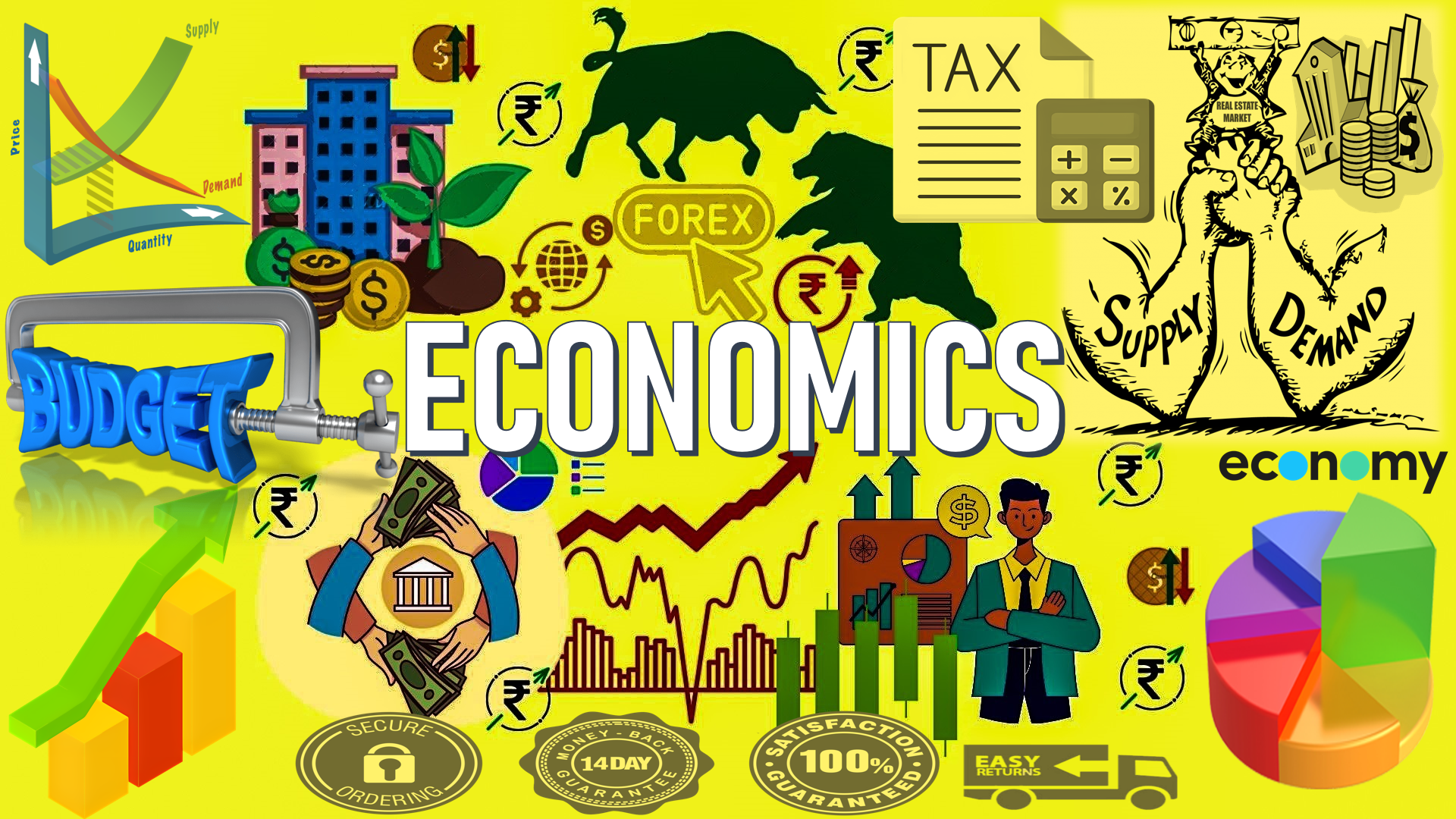
Economics, Accounts and Management.

Reviewing old and new books.

Ancient, Medieval, Modern, World History.
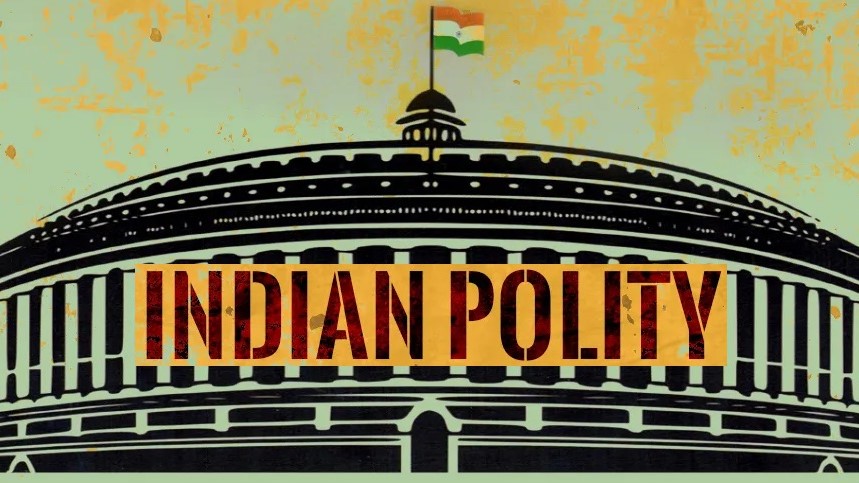
Indian Constitution, Politics, Policies, etc.

Everything related to International Affairs.
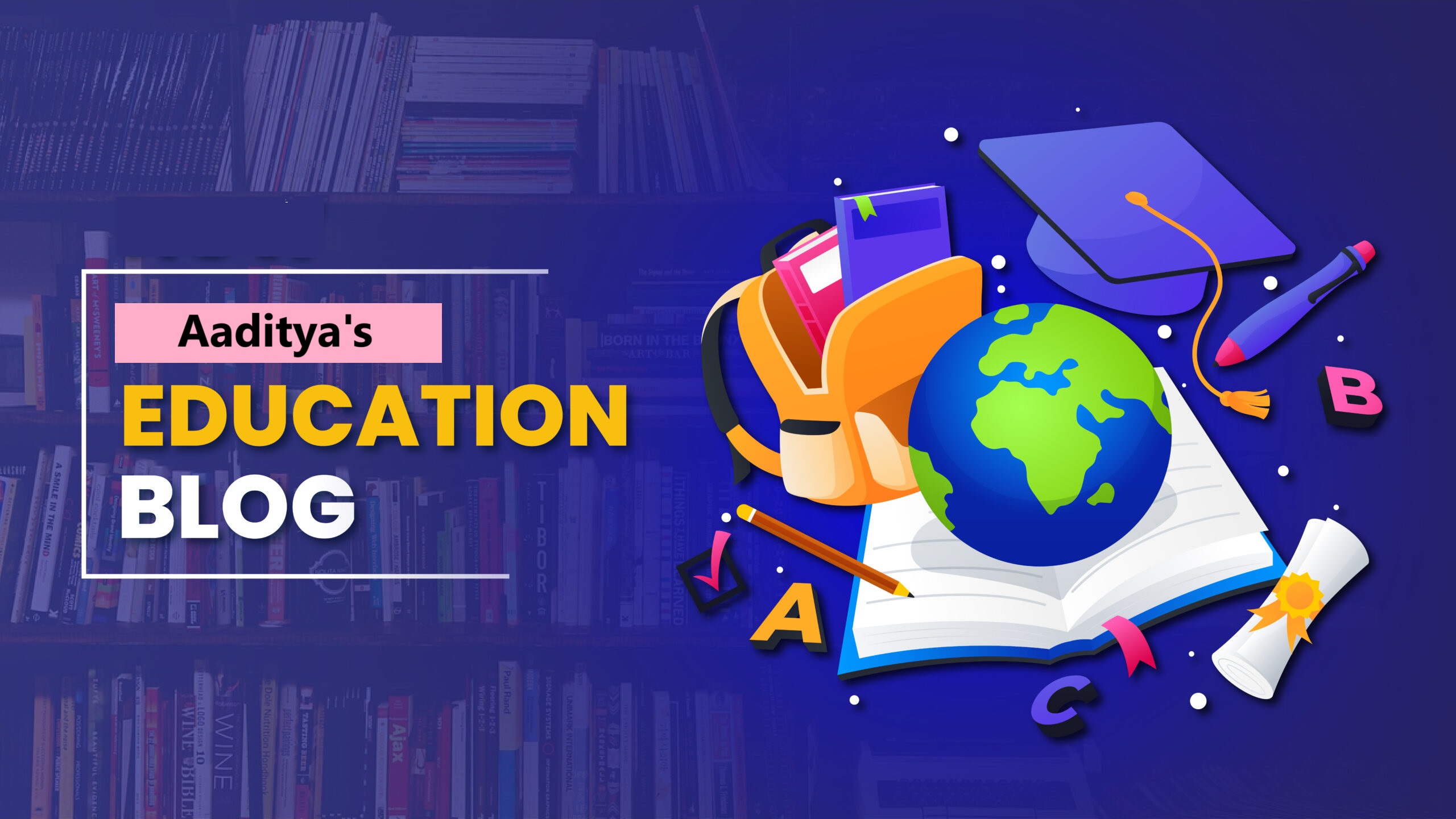
For all humanities topics, except History & Polity.

Anything related to entertainment industry.
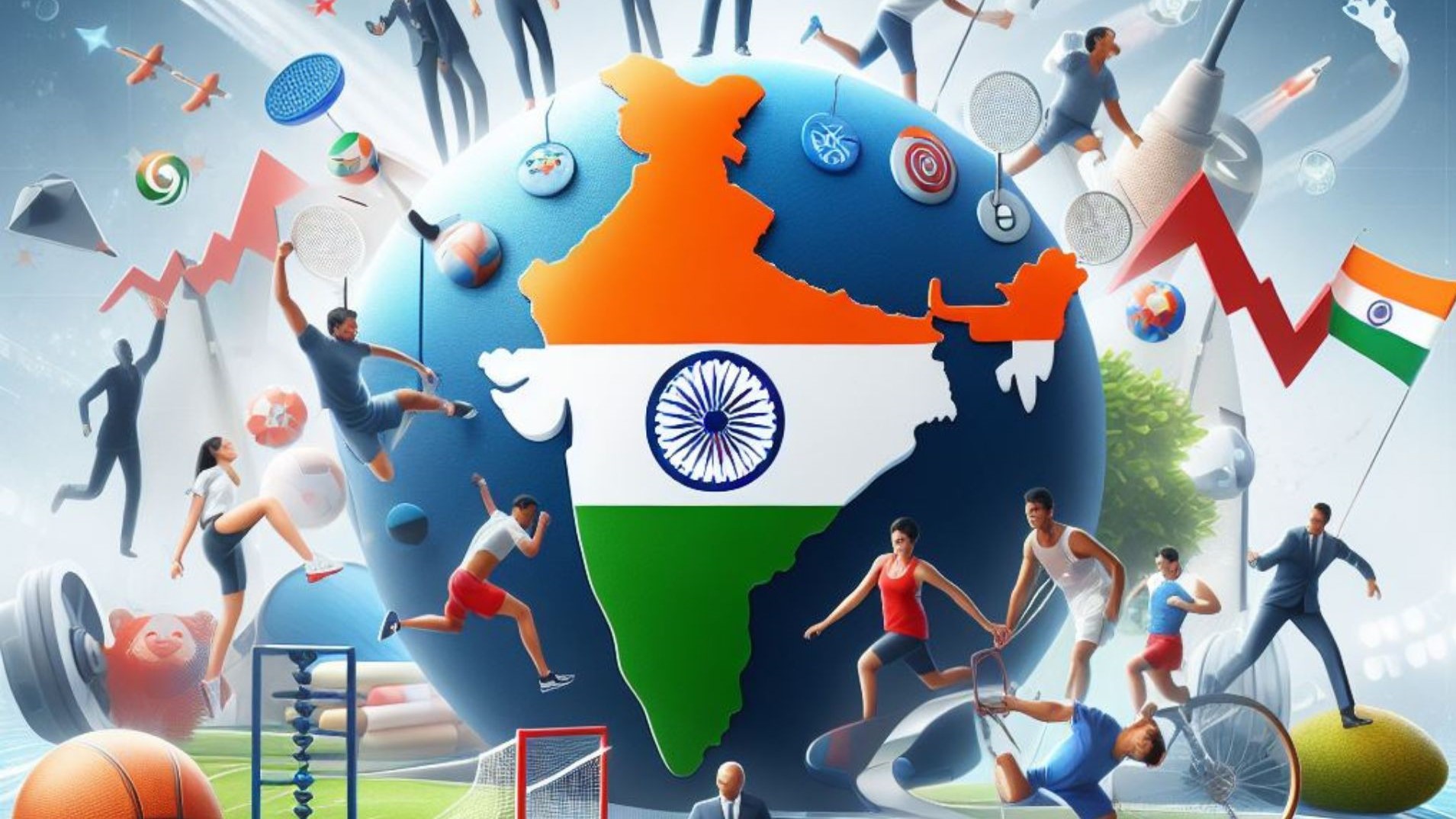
Mainly Cricket but other sports too.

CS, IT, Services & Corporate Sector.
Comments
No comments yet. Be the first to comment!
Leave a Comment